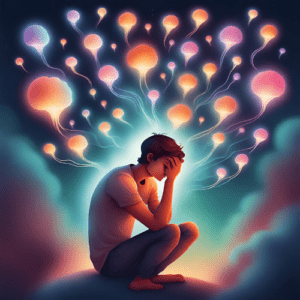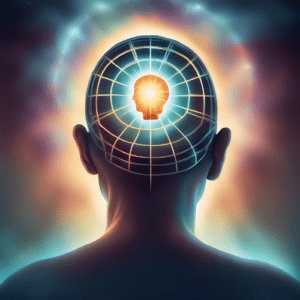MINDFULNESS PRACTICE
Mindfulness can be defined as a state of open attention to the present moment. It involves intentionally being aware of one’s mind, feelings, sensations, and environment. This is clearly largely related to meditation. If meditation involves practicing to attain an unconditioned state of consciousness, then mindfulness practice involves maintaining that state throughout the day. However, there are a few extra concepts in mindfulness that are important to know.
Why Practice Mindfulness?

Disclaimer: If you suspect that you are experiencing serious mental health issues, please seek professional attention and advice. Mindfulness alone cannot substitute this.
The Mind and the Ego
“Our drifting awareness, our tendency to take the path of least resistance by being less than fully awake to the present moment, creates a void. And the time bound mind, which has been designed to be a useful servant, compensates by proclaiming itself master” – Russel E. DiCarlo


But what’s wrong with this?
The problem is the ego rarely lines up with the reality of the present moment. Instead of being grounded in the present, the ego will actively keep the past alive in you head while projecting itself into the future. We tend to experience this as a little voice inside our heads that drives compulsive thinking. For example, the ego may reminded you of a past mistake or embarrassing memory. Or maybe it will cause a preoccupation with the fear and anxiety of a hypothetical future. All in absence of any credible personal threat or problem. In other words, the ego causes illusions that prevent you from fully experiencing the present moment, often resulting in ego-gratification which can take many forms. And at it’s worse, the ego can be a large source of pain in day-to-day life.
A solution in Mindfulness Practice
In all fairness, the predominance of the mind is an important stage in the evolution of human consciousness. Like I said in my basic meditation article, it’s unlikely we would even be here without the mind or negative emotion to protect us when we’re actually in danger. But thinking is only a small part of consciousness. The mind cannot exist without consciousness, but consciousness can exist without the mind. In mindfulness practice, the next stage of the evolution of human consciousness is to rise above thought, rather than dwelling on it or falling back below it.
“Fear is wisdom in the face of danger, it is nothing to be ashamed of.” – Sherlock Holmes



The ego will resist these efforts, usually through an unconscious fear of losing your identity. But only you can wrestle with this process – no one can do it for you. You will not attain an unconditioned state of consciousness overnight, but you have to start somewhere. And if you persist, you gain access to a state of mind free from compulsive thinking and unfounded negative emotion. For more information on mindfulness check out ‘The Power of Now’ by Eckhart Tolle which was a big source for this article – and always remember to ask yourself ‘what, at this moment, is lacking?’.
Sources:
The Power of Now by Eckhart Toll – https://eckharttolle.com/